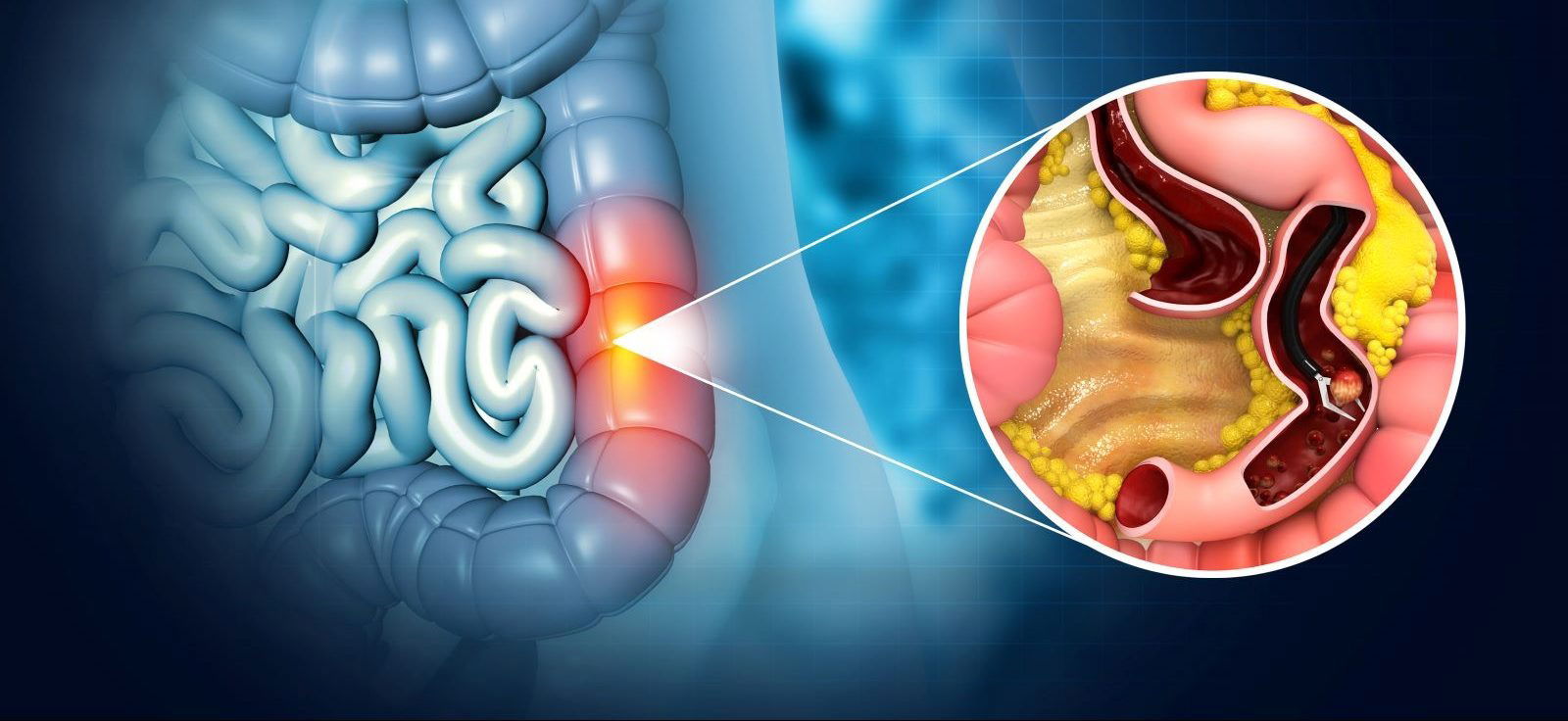
Detox trends are all over the place these days. You’ve probably come across bold claims like “lose 15 kilos of waste overnight!” flashing across social media and ad campaigns.
But before diving into extreme cleanses or pricey detox kits, it’s worth considering: does your body actually need that kind of intervention?
The reality is that your colon already works efficiently every day to remove waste and toxins. It’s not a stagnant container of filth — it’s a dynamic, functional organ that thrives on support, not shock.
Instead of relying on harsh methods, consider these gentle and natural ways to care for your colon and digestive system at night — no need for crash detoxes or aggressive laxatives.
The 15-Kilo Detox Myth: Debunked

Despite what flashy ads suggest, your colon isn’t harboring 15 kilograms of waste. Here’s what’s actually true:
- A healthy colon usually holds just a few pounds of material.
- Any sudden weight loss from a cleanse is mainly due to water loss, not toxin removal.
- Intense flushes can upset your electrolyte balance, lead to dehydration, and disturb the gut’s microbiome.
Rather than trying to purge your system in one go, focus on gently supporting your body’s natural elimination process, especially while you sleep.
7 Simple Evening Habits for Colon Health
1. Drink Warm Lemon Water

Sipping warm water with fresh lemon juice before bedtime can gently encourage digestion and hydrate the body.
It may help promote a healthy bowel movement the next morning and support a balanced internal pH — all without the harshness of a laxative.
2. Eat a Fiber-Rich Dinner
Dinner is an ideal time to incorporate digestion-friendly fiber.
Soluble fiber, found in foods like chia seeds, oats, apples, and legumes, nourishes good gut bacteria and helps sweep waste through the system. Great options include:
- Steamed broccoli or kale
- Baked sweet potatoes
- Overnight oats or chia pudding
3. Try Soothing Herbal Teas

Herbal teas can calm the digestive system and support gentle elimination:
- Peppermint relaxes the intestinal muscles
- Ginger stimulates digestive movement
- Chamomile eases inflammation and promotes sleep
- Senna (used sparingly) can act as a natural laxative, but should be used with caution
4. Consider Magnesium (If Advised by a Doctor)
Magnesium helps relax muscles, including those in the digestive tract.
Certain forms, like magnesium citrate, can ease mild constipation by drawing water into the intestines and may also support restful sleep.
Be sure to consult your healthcare provider before starting supplements.
5. Do Gentle Movement in the Evening

Light stretching or yoga before bed can reduce bloating and support healthy bowel movements.
Poses like gentle twists or bringing the knees to the chest can be especially helpful for digestion.
6. Avoid Salty and Processed Late-Night Snacks
Highly processed or salty foods at night can cause sluggishness and water retention, making you feel heavy. Instead, choose wholesome, lightly cooked meals that are easier to digest and won’t disrupt your rest.
7. Prioritize Quality Sleep
Never underestimate the power of sleep. While you rest, your body focuses on repair, including digestive functions. Poor sleep can throw off your gut rhythm and increase inflammation. For better rest, try:
- Lowering lights after 9 p.m.
- Steering clear of screens an hour before bed
- Sticking to a consistent sleep schedule
A Gentle Approach Works Best

You don’t need to resort to extreme fasting, unpleasant drinks, or colon cleanses to feel healthy or energized. Real wellness is built through small, consistent habits that support — not sabotage — your body’s natural abilities.
So, the next time you’re drawn to a detox program with dramatic claims, pause and ask yourself:
“Is this helping my body… or putting it under stress?”
True digestive health doesn’t come from quick fixes — it comes from care, consistency, and respecting what your body already knows how to do.















